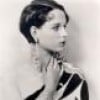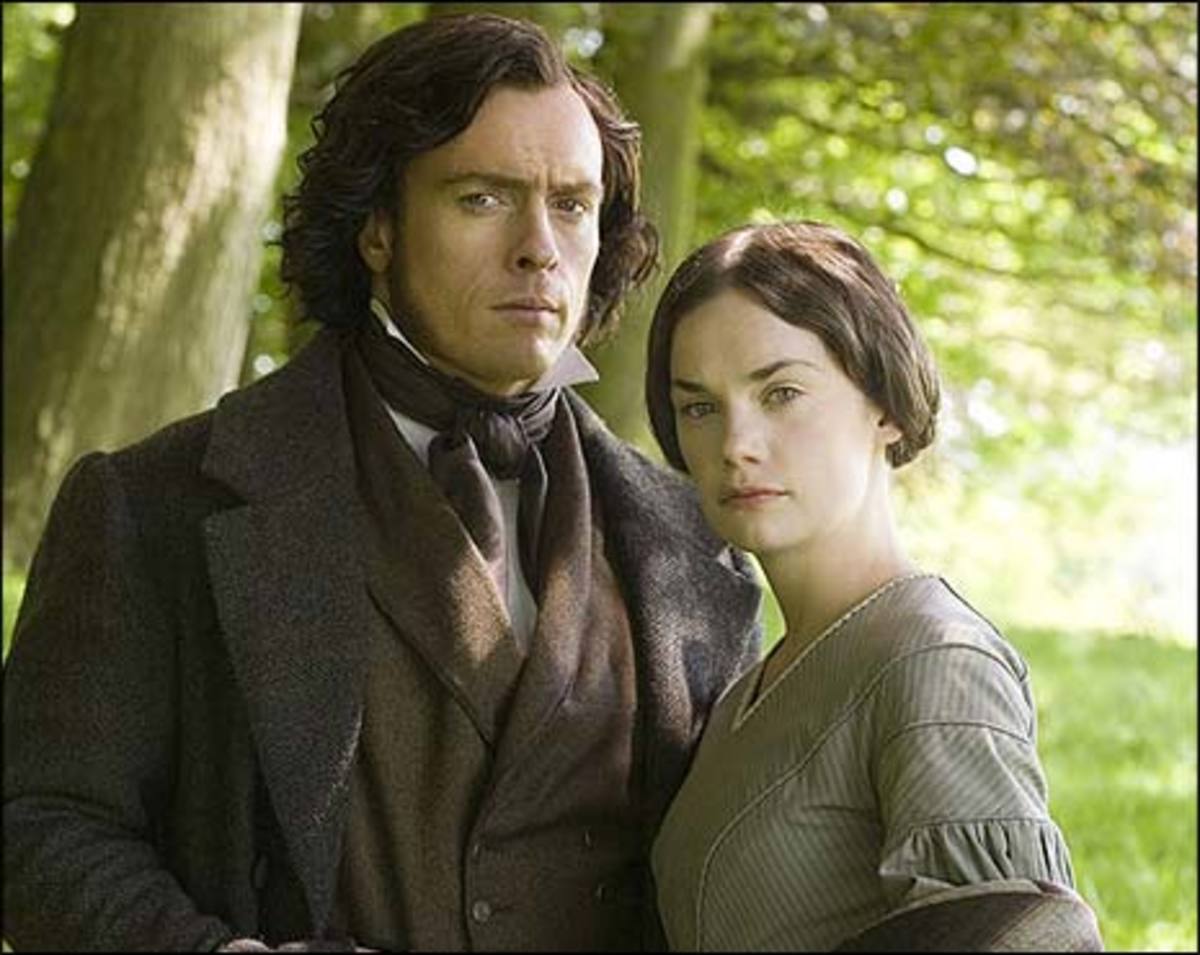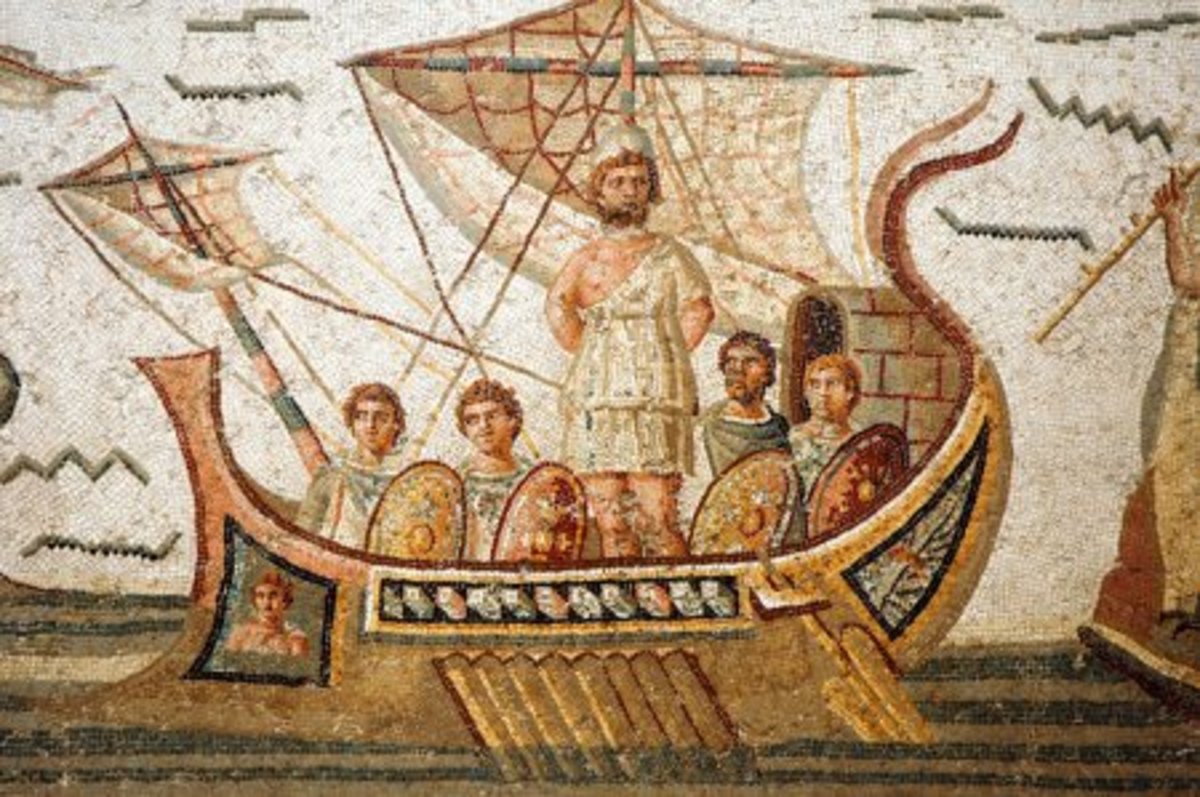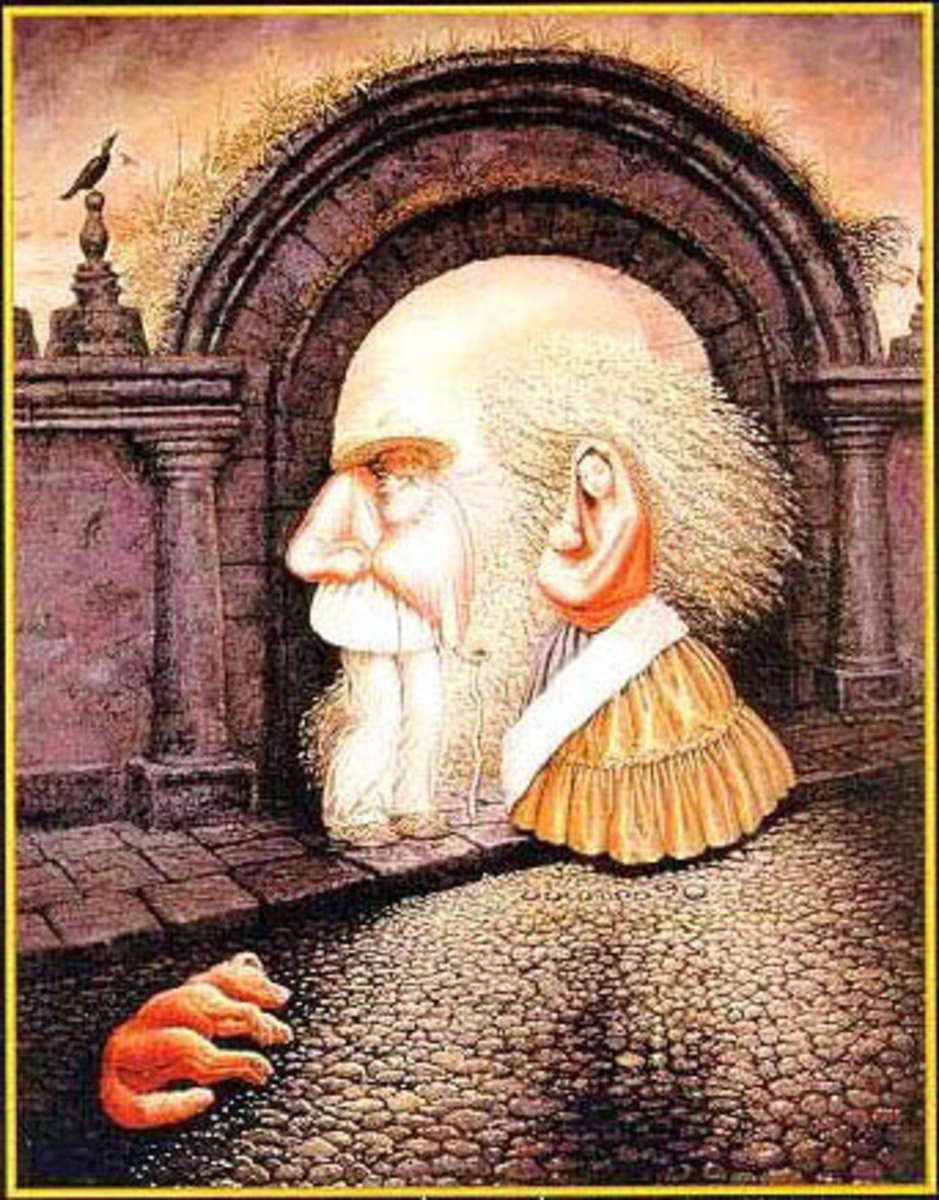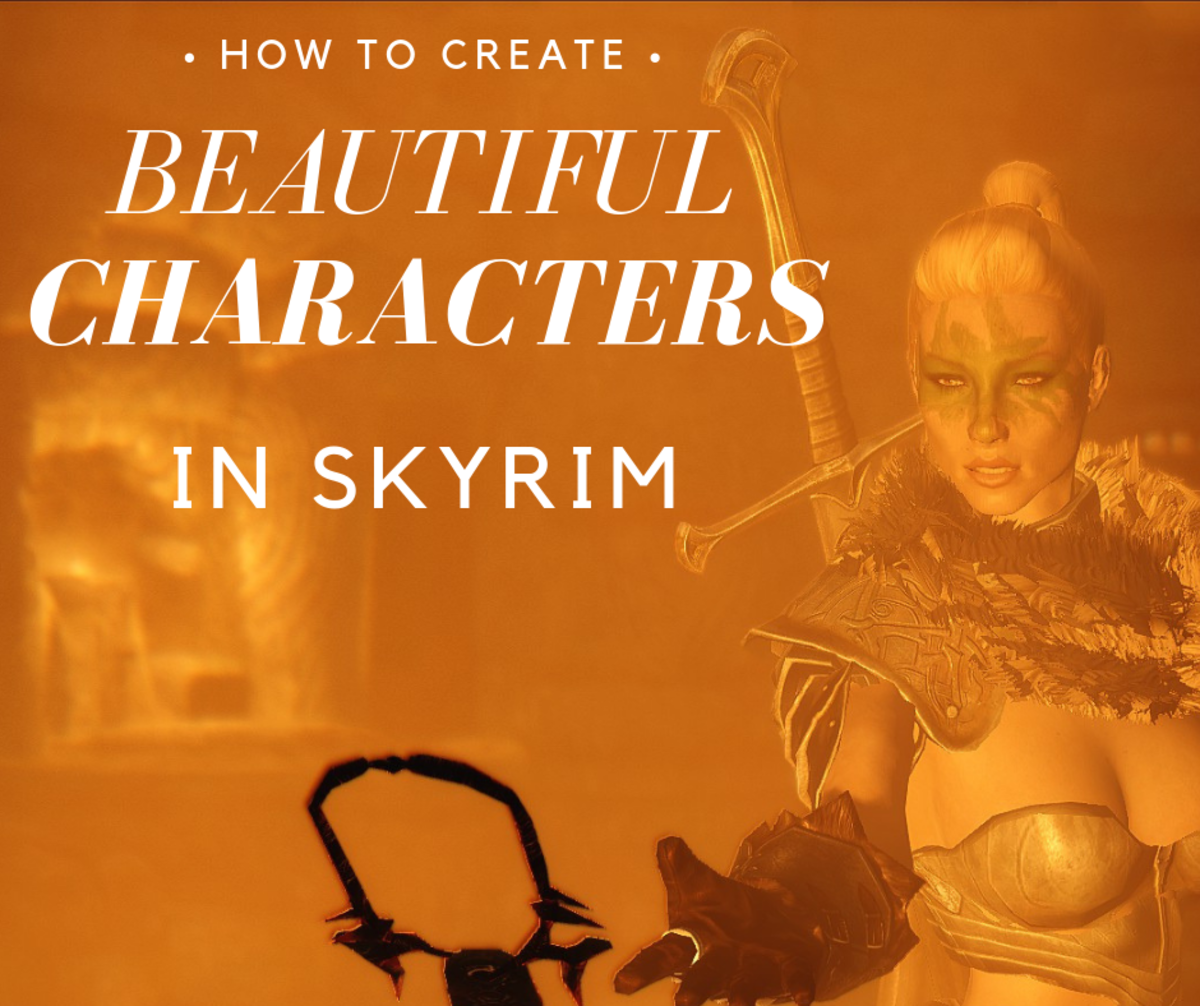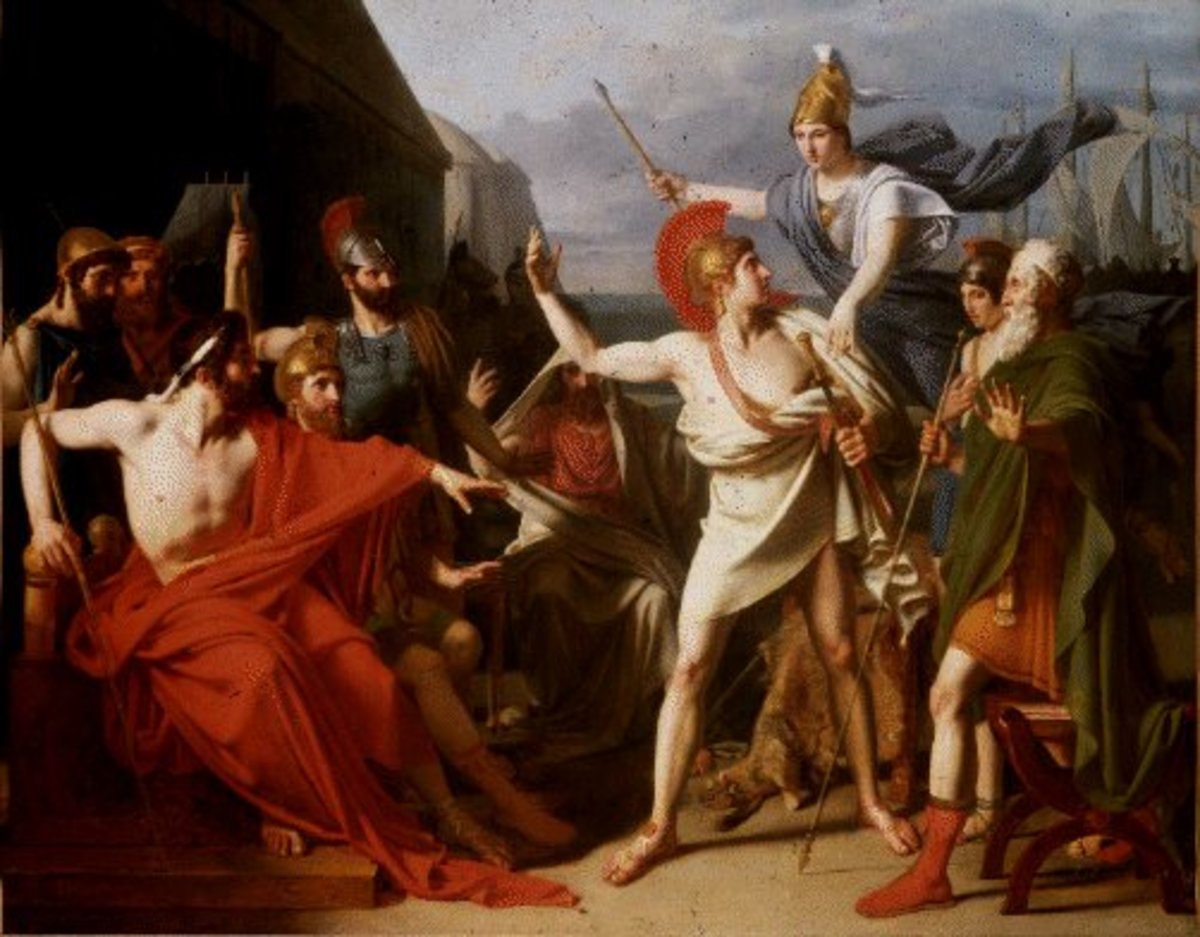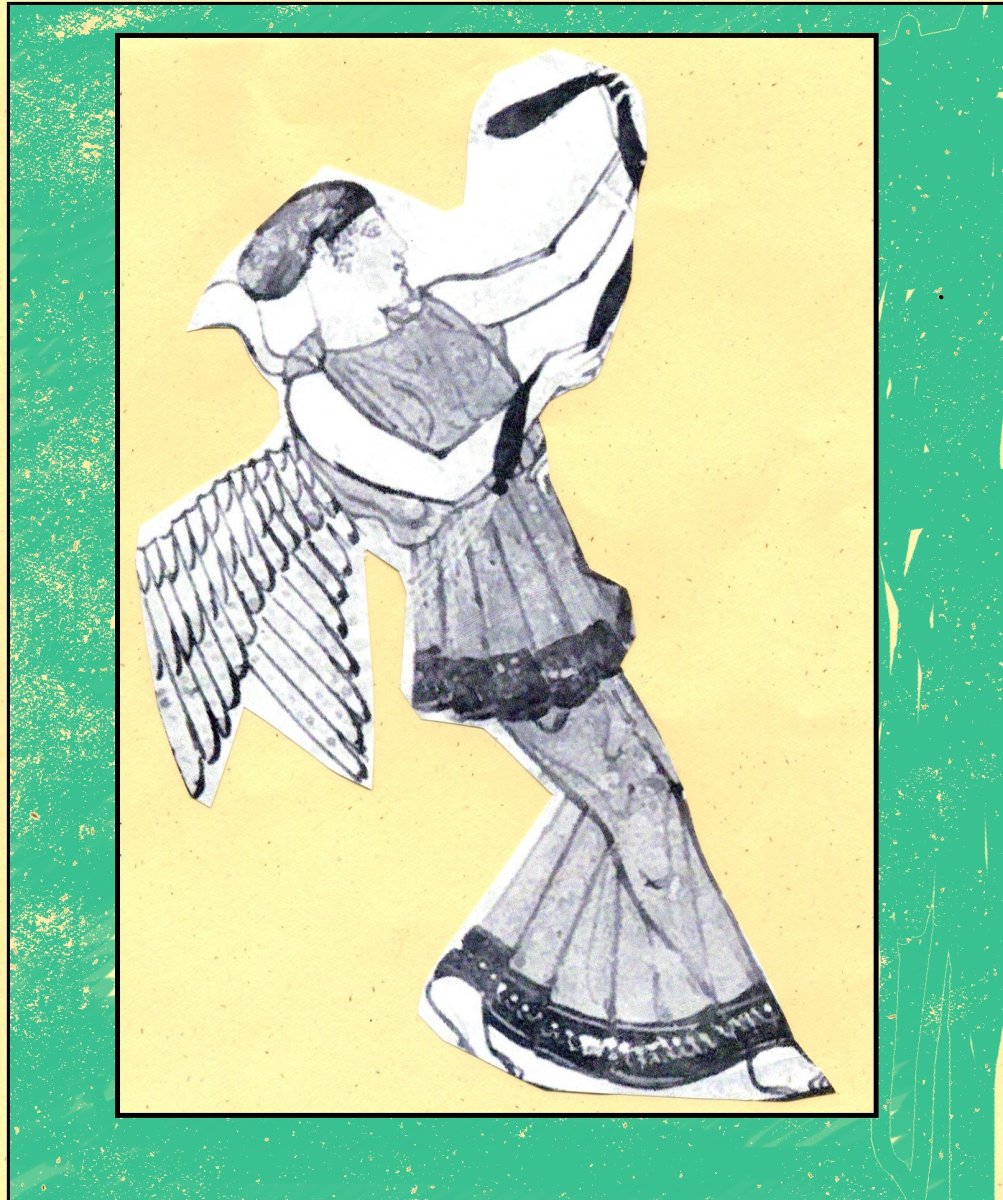The Sexiest Men in Classic Literature
Love looks not with the eyes, but with the mind,
And therefore is winged Cupid painted blind.~A Midsummer Night's Dream
The Men That Dreams are Made of
Few men are as attractive as those we conjure from our own imagination, for what real-life man could compete with the exquisite complexity of our own creations?
Anyone who has become deeply romantically attracted to a bodiless stranger on the internet, whom they have never met in the physical world, will understand that given the right triggers, it's perfectly possible to create an ideal largely constructed from the shadowy corridors of our own mind and fall in love with it.
While a character in a novel is someone else's creation, there are always gaps left to be filled by the reader's imagination. The beauty of a novel is that it allows us to imagine our own details, often projecting our deepest personal attractions and longings on to a character that engages our emotions.

The Top Four Most Romantic Characters in Novels
Whether or not a literary character does engage our emotions depends on the skill of the author and whether or not their vision gels with our own. Furthermore, literary tastes may change over generations and what was attractive to one generation may not be so attractive to another. Yet there are some characters that seem to possess a universal appeal, transcending time and place.
The characters below were chosen because they are consistently cited as compellingly attractive by a large number of readers over a long period of time - they've got the X factor. Somehow or other they push the right buttons for many female readers. Of course a list like this one is still subjective in nature; just like real life, not everyone will be attracted to the same romantic ideals.
Nonetheless, these are the fictional men whose sexual attraction has been powerful and wide-reaching enough to stand the test of time, enrapturing new generations of readers with their romantic passions and unique literary presence. Why are they so appealing? Are there any commonalities? In this article, we'll take a glimpse at four of the most romantically popular men in English literature.
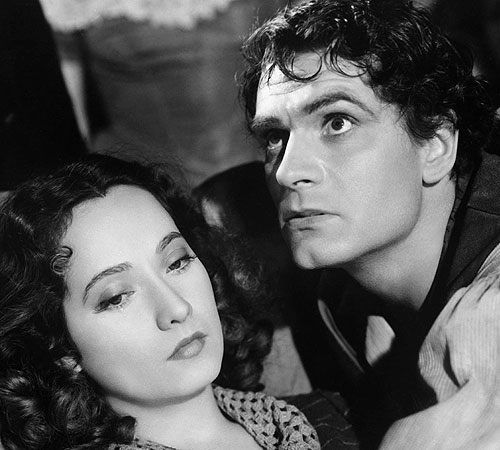
Heathcliff~ The Wild One
Dark, moody, wild, passionate and tremendously dangerous, Emily Bronte's mid-nineteenth century vision of Heathcliff from the novel Wuthering Heights is arguably the most romantic character in English literature. If he could be described in one word, that word would be intense.
Heathcliff is compellingly dark matter, in looks and in character; a penniless gypsy boy brought to live with the Earnshaws as a child and inextricably bound to his childhood companion, Catherine Earnshaw, who becomes his constant playmate, defender and ultimately soulmate and lover.
There is a supernatural element to the relationship, as there is to the whole general gloom of Wuthering Heights, which explains why it so often referred to as a "Gothic novel" and indeed, Heathcliff is almost vampiric in his love for Cathy, sucking the very life out of her.
Cathy and Heathcliff's bond becomes so intense, so all-consuming, so unhealthy that there is no means of escape for either of them, even when Cathy marries her prosperous and caring neighbour, Edgar Linton. It is a mutual haunting of souls:
If all else perished, and he remained, I should still continue to be; and if all else remained, and he were annihilated, the universe would turn to a mighty stranger
~Cathy
Throughout much of the novel, Heathcliff fair wallows in suffering and obsession; perhaps the kind of obsession that a woman deeply in love might wish from her lover, at least in theory, though the reality may not be quite so palatable. His is a love that can't be severed, even after death, as he wanders the gloomy English moors calling for the departed Cathy, the object of his eternal obsession. For Heathcliff, there can be no existence without Cathy for she is wrought into the very fibre of his being:
Catherine Earnshaw, may you not rest as long as I am living. You said I killed you--haunt me then. The murdered do haunt their murderers. I believe--I know that ghosts have wandered the earth. Be with me always--take any form--drive me mad. Only do not leave me in this abyss, where I cannot find you! Oh, God! It is unutterable! I cannot live without my life! I cannot live without my soul!
~Heathcliff
Despite all of this desperate, cloying love, Heathcliff remains irresistible and it's not just those dark gypsy looks. Even more attractive is the character's fierce independence; Heathcliff lives outside the mainstream, unafraid and unconcerned by the opinions of others and the values and morals of the wider society. In the real world this might prove to be a major deficit but in the heart-throbbing fantasy world of the romantic novel, such fearlessness is powerfully seductive.
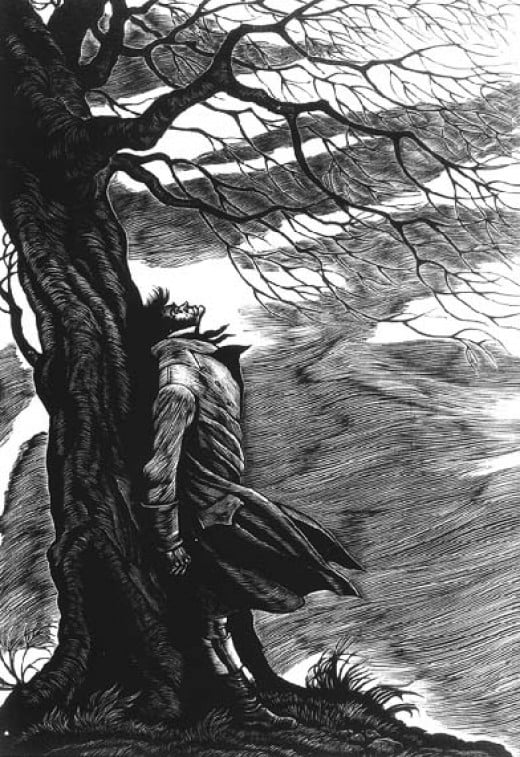

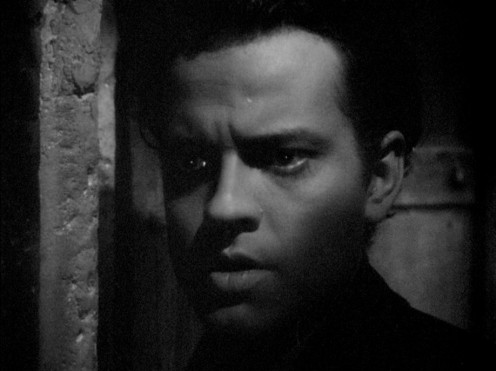
Rochester~The Romantic Cynic
When she created Jane Eyre, Charlotte Bronte, sister to Emily, wanted to devise a heroine who was not physically beautiful or wealthy but rather one whose charms lay in her keenness of mind and a fine moral sensitivity that transcended the impoverishment of her situation. What she lacks in beauty and status she makes up for in nature.
Like Heathcliff, Rochester, Master of Thornfield Hall, is tortuously independent, as well as mysterious. From his first appearance in the novel, he has a powerful presence which overwhelms the young Jane; strong, virile, rugged, uncompromisingly arrogant and intriguingly complicated, he is a man begging to be saved from himself.
Jane Eyre's purity of mind, her gentleness and calmness is in direct opposition to Rochester's intimidating physical presence and stormy inner turmoil and it's this which attracts him to the shy governess. There is a jadedness about Rochester - a cynical world-weariness that can seemingly only be refreshed by the innocence of plain Jane Eyre. Tormented by his past moral transgressions, he finds himself unable to find satisfaction with the rich and beautiful women of his own social class.
I have for the first time found what I can truly love–I have found you. You are my sympathy–my better self–my good angel–I am bound to you with a strong attachment. I think you good, gifted, lovely: a fervent, a solemn passion is conceived in my heart; it leans to you, draws you to my centre and spring of life, wrap my existence about you–and, kindling in pure, powerful flame, fuses you and me in one.
~Rochester
Charlotte Bronte's novel broke the rule book for 19th century romances and In more than a few ways Rochester departed from the classic romantic hero, though he has since become a prototype for for more than a few Mills and Boon romances. Although he is wealthy, he is is not fine-mannered, young and handsome in the conventional sense and has some seriously strange baggage. For one thing he has a wife lurking in the attic, no small inconvenience to a burgeoning love affair. There's also a mysterious French ward, the exquisitely pretty Adele, Jane's pupil and daughter of a former mistress of Rochester's.
All this adds up to a flawed romantic hero, though it is of course these human complexities combined with a capacity for ardent passion that make him such a compelling romantic figure -his rudeness of manner, his cat and mouse games with Jane's heart, his volatile temper, his worldly, murky past, his wild mane of hair, all conspire to remove him from the ordinary guy. How could we not fall in love with such a man? How could we not want to save him when we know beneath it all he is capable of such love?

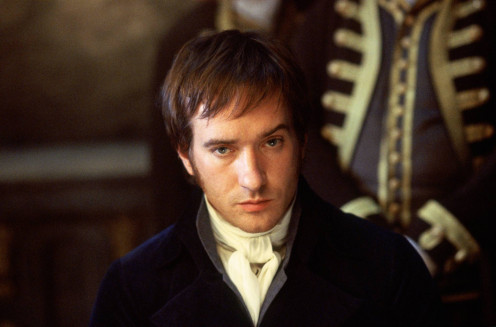
Darcy~The Ultimate Gentleman
Unlike Heathcliff and Rochester, Mr. Darcy, the haughty romantic hero of Jane Austen's enduring classic, Pride and Prejudice, is not wild and dangerous. Rather Darcy is elegantly controlled and a stalwart representative of upper class English respectability.
Written in 1813, more than thirty years earlier than the Bronte sisters began writing and two hundred years before the present time, Austen's detailed study of love and conflict is very much interwoven with the social fabric of her day.
Darcy's romantic feelings for the novel's heroine, Elizabeth Bennett, are subtle and suggestive, rather than bold and intense, yet he is no less passionate and as the story progresses, the reader senses beneath the immaculate exterior, a bubbling frisson of desire and yearning. Much of the romantic interplay is conveyed through the playful and eloquent rapport of the the two main characters, building up a delicious tension through the novel to Darcy's eventual climactic declaration of love, all the more explosive for the conflicts and misunderstandings that preceded it.
In vain I have struggled. It will not do. My feelings will not be repressed. You must allow me to tell you how ardently I admire and love you.~
Darcy
As a fantasy figure Darcy has much to offer the female reader and is perhaps the "sanest' choice of all the men on our list. He is urbane, rich, charming, if a little swelled by his own position and by the end of the novel he has proved himself willing to put himself out for Elizabeth, as he rescues her younger sister from disgrace and ruin. Jane Austen skilfully peels back Darcy's further layers for the reader to discover he is really a far more complex character than first impressions might have suggested.
Ultimately it is revealed that Darcy is not a superficial man motivated by pride and appearances, as Elizabeth Bennett had so strongly suspected but rather one of great depth of feeling. Although he could easily have opted for more fashionable, wealthier women with higher status, in the end our fantasy male chose Elizabeth Bennett's keen wit and "fine dark eyes". Darcy's passion could not be overridden by mere money and social standing.
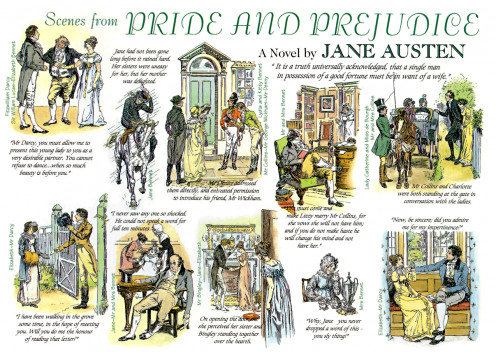

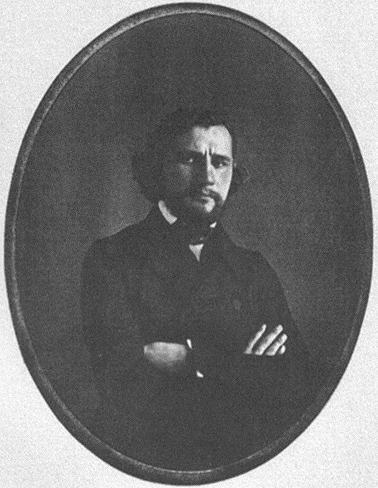
Bazarov~The Passionate Philosopher
Yvegeny Bazarov, central character from the Russian novel Father's and Sons by Ivan Turgenev is the only one on our list not created by a female author and the only one whose love is unrequited.
A fiercely self-contained, young physician, he is also rude, arrogant and uncompromising in his thoughts and opinions. However by the end of the novel, Turgenev manages to expose the vulnerable underbelly of a man capable of a profound depth of feeling.
Bazarov's sexual power lies in the tension created by his contradictions. He is a man who eschews the establishment and claims to believe in nothing - he is a nihilist, in itself a strongly felt philosophical position. Yet, as the story reveals, he is also a romantic of Byronic proportions.
Written in 1862, Turgenev's novel reflects the intergenerational conflict between the "old world" of spiritual Russian orthodoxy and the rising [and opposing] tides of Western-based liberalism and nihilism. Yet at its heart, Fathers and Sons is also a love story, albeit one-sided. Captivated by the beautiful grey eyes of Anna Odintsova, a woman of substance and intelligence, Bazarov's nihilism is cold comfort to the painful yearnings of his passion. He is a man who professes disdain for love; who would rather break rocks than be under the control of a woman, especially a freethinking one but whose life becomes empty and meaningless when Madam Odintsova rejects him, after a profession of love inspired by deep feelings, which he himself would regard as "weak and stupid":
Then you should know that I love you, stupidly, madly . . . now see what you've extracted!~
Bazarov
When, at the end of the novel Bazarov is ensconced on his deathbed, wasting away of typhoid fever, the philosophy he felt so strongly about is not on his mind. Rather, in the true spirit of the romantic, he sends for Madam Odintsova, desperate to impart to her his deep regard for her beauty. In the final hour, she is all that matters to him. Love is all that matters.
Do you have a personal favourite?
Conclusions
Readers will draw their own conclusions about these fantasy men that have so captivated women over generations but I have one small theory about what they might reveal about us. All of these fictional men have one thing in common, ie; they are willing to abandoned themselves to love, utterly and completely.
All are notably independent in spirit and self-contained in all areas except for the gaping vulnerability of their hearts. With the exception of Darcy, all these romantic figures have been described as "Byronesque" - dripping with gloom, romantic, passionate and self-destructive. it's this capacity for human feeling which gives them their romantic depth.
Could it be that perhaps deep down many women desire men who succumb to their passion; who are courageous enough to take love to that deeper level and experience the intensity of obsessive love? Of course in the real world obsessive love has its serious downside - possessiveness, jealousy, control -yet this scarcely matters in a fantasy world, where the only reality is deep, uncompromising love.
LINKS
- Jane Austen .co.uk - Jane Austen Centre
Articles about Jane Austen, the online giftshop with Austen and Regency themed goodies. The Annual September Jane Austen Festival and Regency tea rooms. - The Theme of Love in Charlotte Bronte's Jane Eyre. Degree Essay and Coursework Help from Marked By T
Stuck on your The Theme of Love in Charlotte Bronte's Jane Eyre. Degree Assignment? Get a Fresh Perspective on Marked by Teachers. - The European March of Byronism
- Jane Austen Fashions
Jane Austen wrote most of her novels during the English Regency period, a time of upheaval and changing cultural mores - changes that could be seen in the new fashions of the era, which harked back to the classical elegance of the ancient world...
